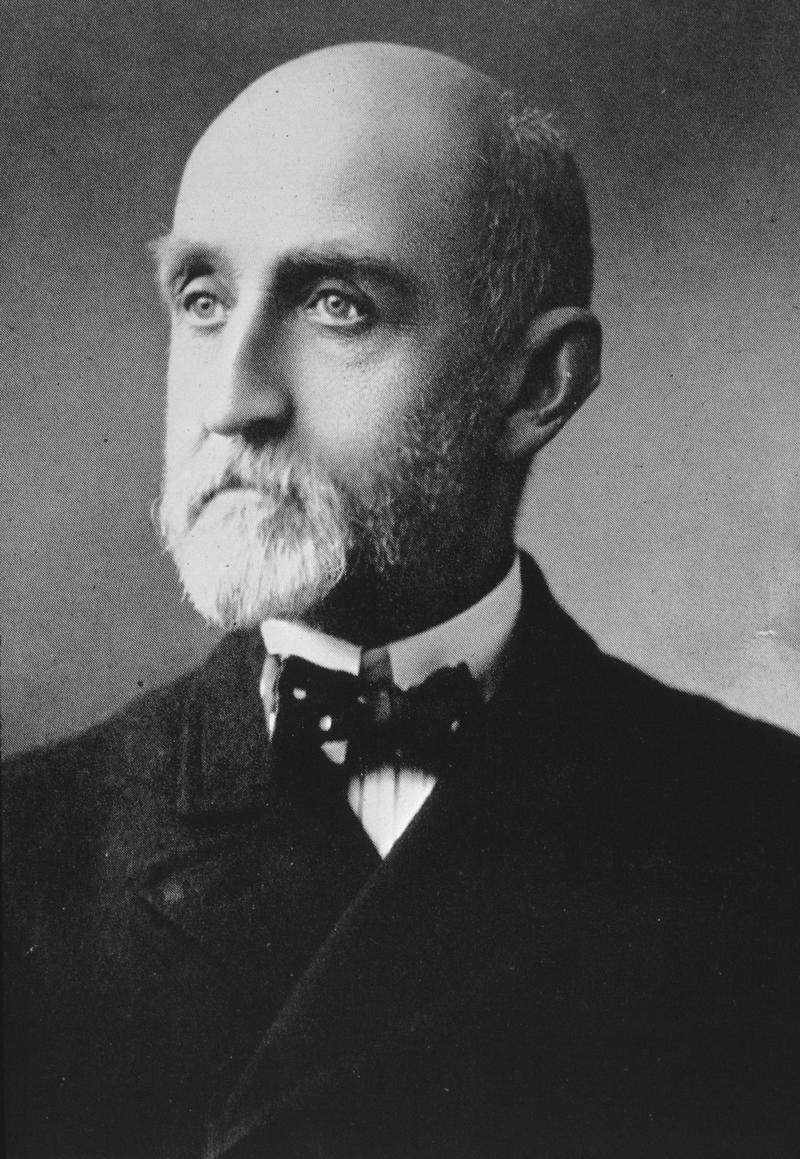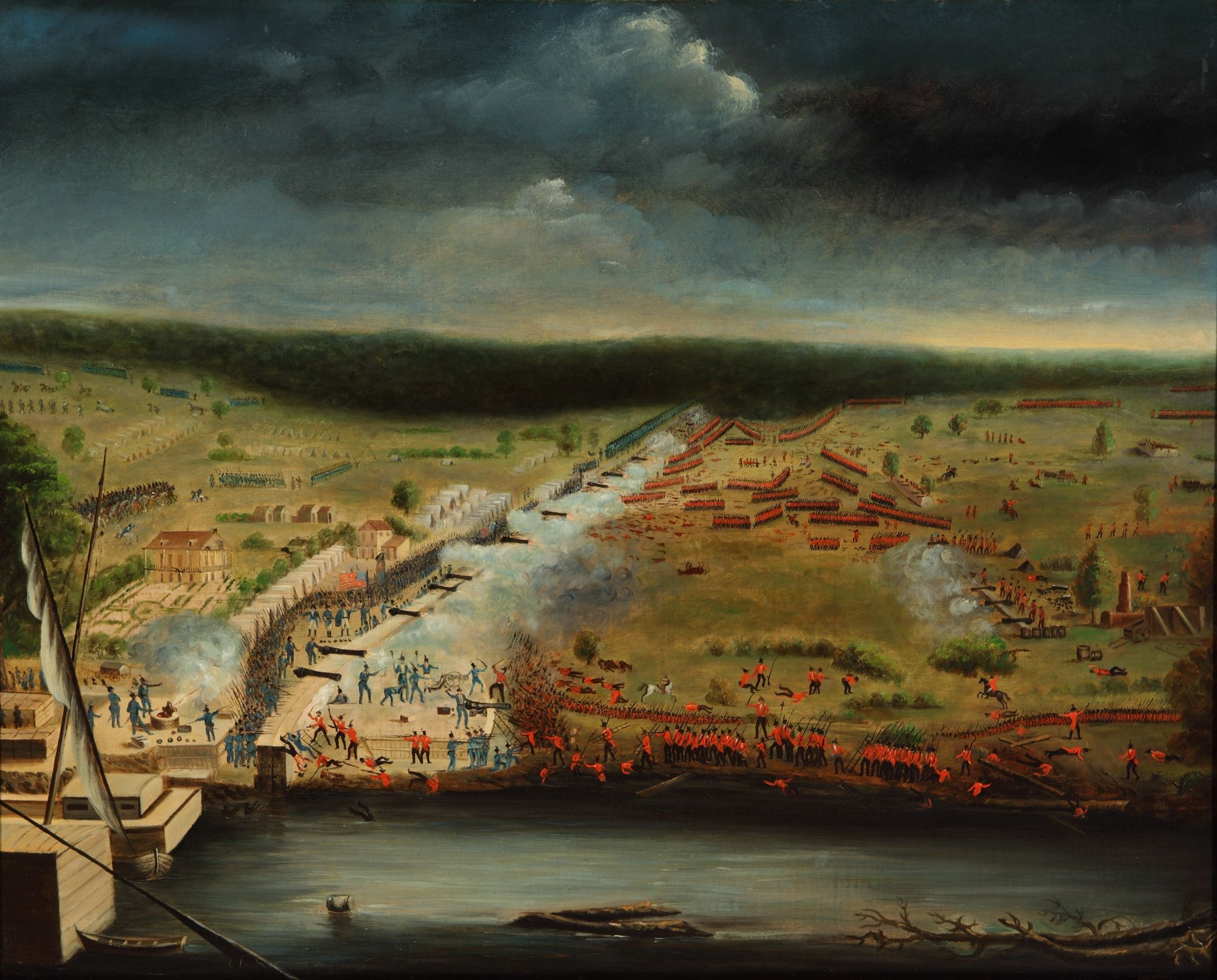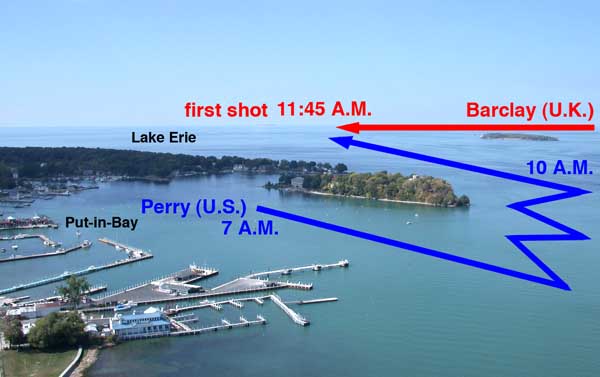|
The Naval War Of 1812
''The Naval War of 1812'' is Theodore Roosevelt's first book, published in 1882. It covers the naval battles and technology used during the War of 1812. It is considered a seminal work in its field, and had a massive impact on the formation of the modern United States Navy, American Navy.Morris, Edmund. ''The Rise of Theodore Roosevelt'', Ballantine Books 1979. Background Theodore Roosevelt graduated from Harvard University in 1880, and was soon after married to Alice Hathaway Lee Roosevelt. While attending Columbia Law School and living in Manhattan, Roosevelt began completing research on a book he had started while still at Harvard. He had already completed two chapters of the book, and had finished it by December 1881. Roosevelt set out to write about a subject that both technically and historically challenged him. He decided on chronicling the naval battles between the Royal Navy, British and American navies during the War of 1812. He tried to analyze the facts as unbiasedl ... [...More Info...] [...Related Items...] OR: [Wikipedia] [Google] [Baidu] |
Theodore Roosevelt
Theodore Roosevelt Jr. ( ; October 27, 1858 – January 6, 1919), often referred to as Teddy or by his initials, T. R., was an American politician, statesman, soldier, conservationist, naturalist, historian, and writer who served as the 26th president of the United States from 1901 to 1909. He previously served as the 25th vice president under President William McKinley from March to September 1901 and as the 33rd governor of New York from 1899 to 1900. Assuming the presidency after McKinley's assassination, Roosevelt emerged as a leader of the Republican Party and became a driving force for anti-trust and Progressive policies. A sickly child with debilitating asthma, he overcame his health problems as he grew by embracing a strenuous lifestyle. Roosevelt integrated his exuberant personality and a vast range of interests and achievements into a "cowboy" persona defined by robust masculinity. He was home-schooled and began a lifelong naturalist avocation before attendi ... [...More Info...] [...Related Items...] OR: [Wikipedia] [Google] [Baidu] |
Oliver Hazard Perry
Oliver Hazard Perry (August 23, 1785 – August 23, 1819) was an American naval commander, born in South Kingstown, Rhode Island. The best-known and most prominent member of the Perry family naval dynasty, he was the son of Sarah Wallace Alexander and United States Navy Captain Christopher Raymond Perry, and older brother of Commodore Matthew C. Perry. Perry served in the West Indies during the Quasi War of 1798–1800 against France, in the Mediterranean during the Barbary Wars of 1801–1815, and in the Caribbean fighting piracy and the slave trade, but is most noted for his heroic role in the War of 1812 during the 1813 Battle of Lake Erie. During the war against United Kingdom of Great Britain and Ireland, Britain, Perry supervised the building of a fleet at Erie, Pennsylvania. He earned the title "Hero of Lake Erie" for leading American forces in a decisive naval victory at the Battle of Lake Erie, receiving a Congressional Gold Medal and the Thanks of Congress.#Bl ... [...More Info...] [...Related Items...] OR: [Wikipedia] [Google] [Baidu] |
War Of 1812 Books
War is an intense armed conflict between states, governments, societies, or paramilitary groups such as mercenaries, insurgents, and militias. It is generally characterized by extreme violence, destruction, and mortality, using regular or irregular military forces. Warfare refers to the common activities and characteristics of types of war, or of wars in general. Total war is warfare that is not restricted to purely legitimate military targets, and can result in massive civilian or other non-combatant suffering and casualties. While some war studies scholars consider war a universal and ancestral aspect of human nature, others argue it is a result of specific socio-cultural, economic or ecological circumstances. Etymology The English word ''war'' derives from the 11th-century Old English words ''wyrre'' and ''werre'', from Old French ''werre'' (also ''guerre'' as in modern French), in turn from the Frankish *''werra'', ultimately deriving from the Proto-Germanic *'' ... [...More Info...] [...Related Items...] OR: [Wikipedia] [Google] [Baidu] |
1882 Non-fiction Books
Year 188 (CLXXXVIII) was a leap year starting on Monday of the Julian calendar. At the time, it was known in the Roman Empire as the Year of the Consulship of Fuscianus and Silanus (or, less frequently, year 941 ''Ab urbe condita''). The denomination 188 for this year has been used since the early medieval period, when the Anno Domini calendar era became the prevalent method in Europe for naming years. Events By place Roman Empire * Publius Helvius Pertinax becomes pro-consul of Africa from 188 to 189. Japan * Queen Himiko (or Shingi Waō) begins her reign in Japan (until 248). Births * April 4 – Caracalla (or Antoninus), Roman emperor (d. 217) * Lu Ji (or Gongji), Chinese official and politician (d. 219) * Sun Shao, Chinese general of the Eastern Wu state (d. 241) Deaths * March 17 – Julian, pope and patriarch of Alexandria * Fa Zhen (or Gaoqing), Chinese scholar (b. AD 100) * Lucius Antistius Burrus, Roman politician (executed) * Ma Xiang, Chi ... [...More Info...] [...Related Items...] OR: [Wikipedia] [Google] [Baidu] |
Internet Archive
The Internet Archive is an American digital library with the stated mission of "universal access to all knowledge". It provides free public access to collections of digitized materials, including websites, software applications/games, music, movies/videos, moving images, and millions of books. In addition to its archiving function, the Archive is an activist organization, advocating a free and open Internet. , the Internet Archive holds over 35 million books and texts, 8.5 million movies, videos and TV shows, 894 thousand software programs, 14 million audio files, 4.4 million images, 2.4 million TV clips, 241 thousand concerts, and over 734 billion web pages in the Wayback Machine. The Internet Archive allows the public to upload and download digital material to its data cluster, but the bulk of its data is collected automatically by its web crawlers, which work to preserve as much of the public web as possible. Its web archiving, web archive, the Wayback Machine, contains hu ... [...More Info...] [...Related Items...] OR: [Wikipedia] [Google] [Baidu] |
The Influence Of Sea Power Upon History
''The Influence of Sea Power upon History: 1660–1783'' is a history of naval warfare published in 1890 by the American naval officer and historian Alfred Thayer Mahan. It details the role of sea power during the seventeenth and eighteenth centuries, and discussed the various factors needed to support and achieve sea power, with emphasis on having the largest and most powerful fleet. Scholars considered it the single most influential book in naval strategy. Its policies were quickly adopted by most major navies, ultimately leading to the World War I naval arms race. It is also cited as one of the contributing factors of the United States becoming a great power. Overview Mahan formulated his concept of sea power while reading a history book in Lima, Peru, after having observed the final stages of the War of the Pacific, in which Chile decisively defeated an alliance of Peru and Bolivia after seizing naval superiority. The book was published by Mahan while president of the US ... [...More Info...] [...Related Items...] OR: [Wikipedia] [Google] [Baidu] |
Alfred Thayer Mahan
Alfred Thayer Mahan (; September 27, 1840 – December 1, 1914) was a United States naval officer and historian, whom John Keegan called "the most important American strategist of the nineteenth century." His book '' The Influence of Sea Power Upon History, 1660–1783'' (1890) won immediate recognition, especially in Europe, and with its successor, ''The Influence of Sea Power Upon the French Revolution and Empire, 1793–1812'' (1892), made him world-famous and perhaps the most influential American author of the nineteenth century. Early life Mahan was born on September 27, 1840, at West Point, New York, to Dennis Hart Mahan (a professor at the United States Military Academy) and Mary Helena Okill Mahan (1815–1893), daughter of John Okill and Mary Jay (daughter of Sir James Jay). Mahan's middle name honors "the father of West Point", Sylvanus Thayer. Mahan attended Saint James School, an Episcopal college preparatory academy in western Maryland. He then studied at Colu ... [...More Info...] [...Related Items...] OR: [Wikipedia] [Google] [Baidu] |
Great White Fleet
The Great White Fleet was the popular nickname for the group of United States Navy battleships which completed a journey around the globe from December 16, 1907 to February 22, 1909 by order of President Theodore Roosevelt. Its mission was to make friendly courtesy visits to numerous countries while displaying new U.S. naval power to the world. One goal was to deter a threatened war with Japan since tensions were high in 1907. It familiarized the 14,500 officers and men with the logistical and planning needs for extended fleet action far from home. Hulls were painted a stark white, giving the armada its nickname. It consisted of 16 battleships divided into two squadrons, along with various small escorts.The Great White Fleet by Department of the Navy – Naval History and Heritage Comman [...More Info...] [...Related Items...] OR: [Wikipedia] [Google] [Baidu] |
Battle Of New Orleans
The Battle of New Orleans was fought on January 8, 1815 between the British Army under Major General Sir Edward Pakenham and the United States Army under Brevet Major General Andrew Jackson, roughly 5 miles (8 km) southeast of the French Quarter of New Orleans, in the current suburb of Chalmette, Louisiana. The battle was the climax of the five-month Gulf Campaign (September 1814 to February 1815) by Britain to try to take New Orleans, West Florida, and possibly Louisiana Territory which began at the First Battle of Fort Bowyer. Britain started the New Orleans campaign on December 14, 1814, at the Battle of Lake Borgne and numerous skirmishes and artillery duels happened in the weeks leading up to the final battle. The battle took place 15 days after the signing of the Treaty of Ghent, which formally ended the War of 1812, on December 24, 1814, though it would not be ratified by the United States (and therefore did not take effect) until February 16, 1815, as new ... [...More Info...] [...Related Items...] OR: [Wikipedia] [Google] [Baidu] |
Battle Of Lake Erie
The Battle of Lake Erie, sometimes called the Battle of Put-in-Bay, was fought on 10 September 1813, on Lake Erie off the shore of Ohio during the War of 1812. Nine vessels of the United States Navy defeated and captured six vessels of the British Royal Navy. This ensured American control of the lake for the rest of the war, which in turn allowed the Americans to recover Detroit and win the Battle of the Thames to break the Indian confederation of Tecumseh. It was one of the biggest naval battles of the War of 1812. Background 1812 When the war broke out, the British immediately seized control of Lake Erie. They already had a small force of warships there: the sloop-of-war and the brig ''General Hunter''. The schooner was under construction and was put into service a few weeks after the outbreak of war. These vessels were controlled by the Provincial Marine, which was a military transport service and not a naval service. Nevertheless, the Americans lacked any counter to the Br ... [...More Info...] [...Related Items...] OR: [Wikipedia] [Google] [Baidu] |
Atlantic Ocean
The Atlantic Ocean is the second-largest of the world's five oceans, with an area of about . It covers approximately 20% of Earth's surface and about 29% of its water surface area. It is known to separate the " Old World" of Africa, Europe and Asia from the "New World The term ''New World'' is often used to mean the majority of Earth's Western Hemisphere, specifically the Americas."America." ''The Oxford Companion to the English Language'' (). McArthur, Tom, ed., 1992. New York: Oxford University Press, p. ..." of the Americas in the European perception of Earth, the World. The Atlantic Ocean occupies an elongated, S-shaped basin extending longitudinally between Europe and Africa to the east, and North America, North and South America to the west. As one component of the interconnected World Ocean, it is connected in the north to the Arctic Ocean, to the Pacific Ocean in the southwest, the Indian Ocean in the southeast, and the Southern Ocean in the south (other ... [...More Info...] [...Related Items...] OR: [Wikipedia] [Google] [Baidu] |
War Of 1812
The War of 1812 (18 June 1812 – 17 February 1815) was fought by the United States, United States of America and its Indigenous peoples of the Americas, indigenous allies against the United Kingdom of Great Britain and Ireland, United Kingdom and its allies in British North America, with limited participation by Spanish Empire, Spain in Spanish Florida, Florida. It began when the United States United States declaration of war upon the United Kingdom, declared war on 18 June 1812 and, although peace terms were agreed upon in the December 1814 Treaty of Ghent, did not officially end until the peace treaty was ratified by 13th United States Congress, Congress on 17 February 1815. Tensions originated in long-standing differences over territorial expansion in North America and British support for Tecumseh's confederacy, Native American tribes who opposed US colonial settlement in the Northwest Territory. These escalated in 1807 after the Royal Navy began enforcing Orders in Council ... [...More Info...] [...Related Items...] OR: [Wikipedia] [Google] [Baidu] |





.png)



